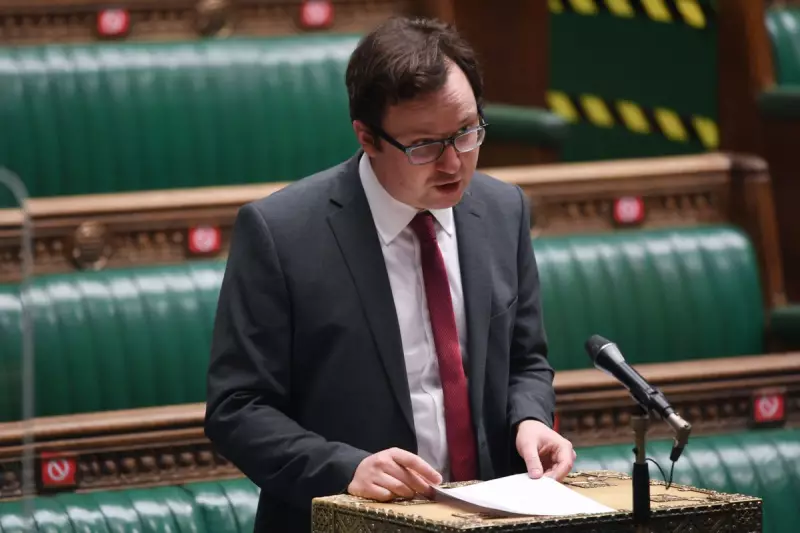
The Scottish Government has launched a dramatic intervention against Home Office plans to house asylum seekers in a prominent Inverness hotel, setting the stage for a major constitutional clash between Edinburgh and Westminster.
First Minister John Swinney has written directly to Immigration Minister Tom Pursglove, demanding an immediate halt to proposals that would see the upmarket Mercure Hotel become accommodation for asylum seekers. The move represents a significant escalation in the ongoing power struggle over who controls immigration policy in Scotland.
City Centre Location Sparks Outrage
The proposed use of the four-star city centre establishment has triggered widespread concern among local officials and business leaders. Located on Church Street, the hotel occupies a prime position in the Highland capital's commercial heart.
Local politicians fear the arrangement could have devastating consequences for Inverness's economy and community cohesion, with the potential loss of a key tourist accommodation facility during peak season.
Cross-Party Opposition Emerges
Opposition to the Home Office plan has united politicians across the political spectrum. SNP MP Drew Hendry described the situation as "completely unacceptable," while local councillors have voiced alarm about the impact on city centre regeneration efforts.
The controversy highlights the growing tension between devolved and reserved powers, with the Scottish Government arguing that immigration decisions made in Westminster are having damaging consequences for Scottish communities.
Broader Implications for Devolution
This confrontation represents more than just a local dispute over hotel use. It touches upon fundamental questions about who has the final say in matters affecting Scottish communities when reserved UK powers clash with devolved responsibilities.
The standoff comes at a particularly sensitive time for intergovernmental relations, with multiple policy areas seeing increased friction between Holyrood and Whitehall.
As the Home Office remains silent on its next steps, all eyes are on whether Westminster will back down or force through the plans, potentially creating a constitutional crisis in the process.





